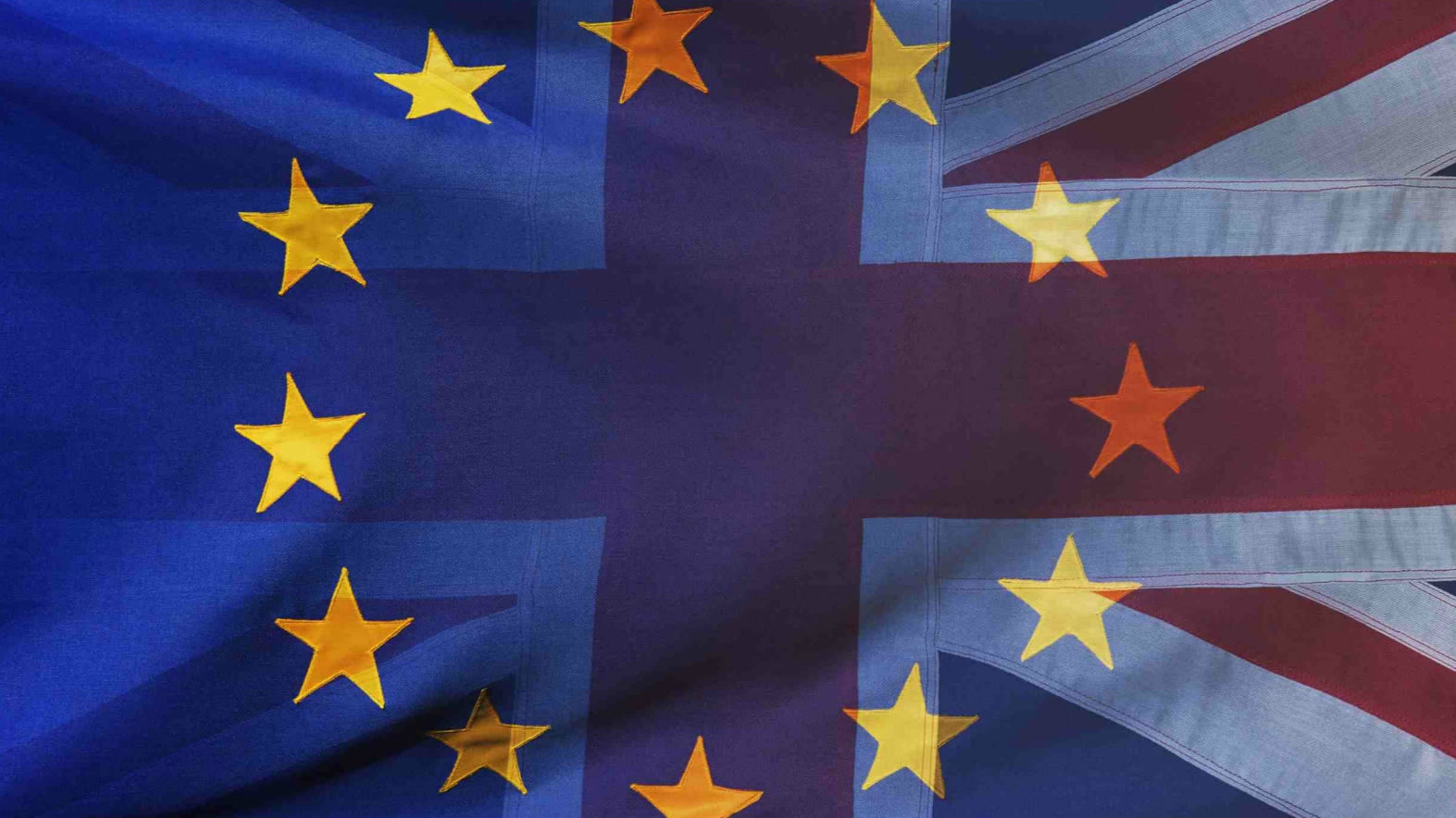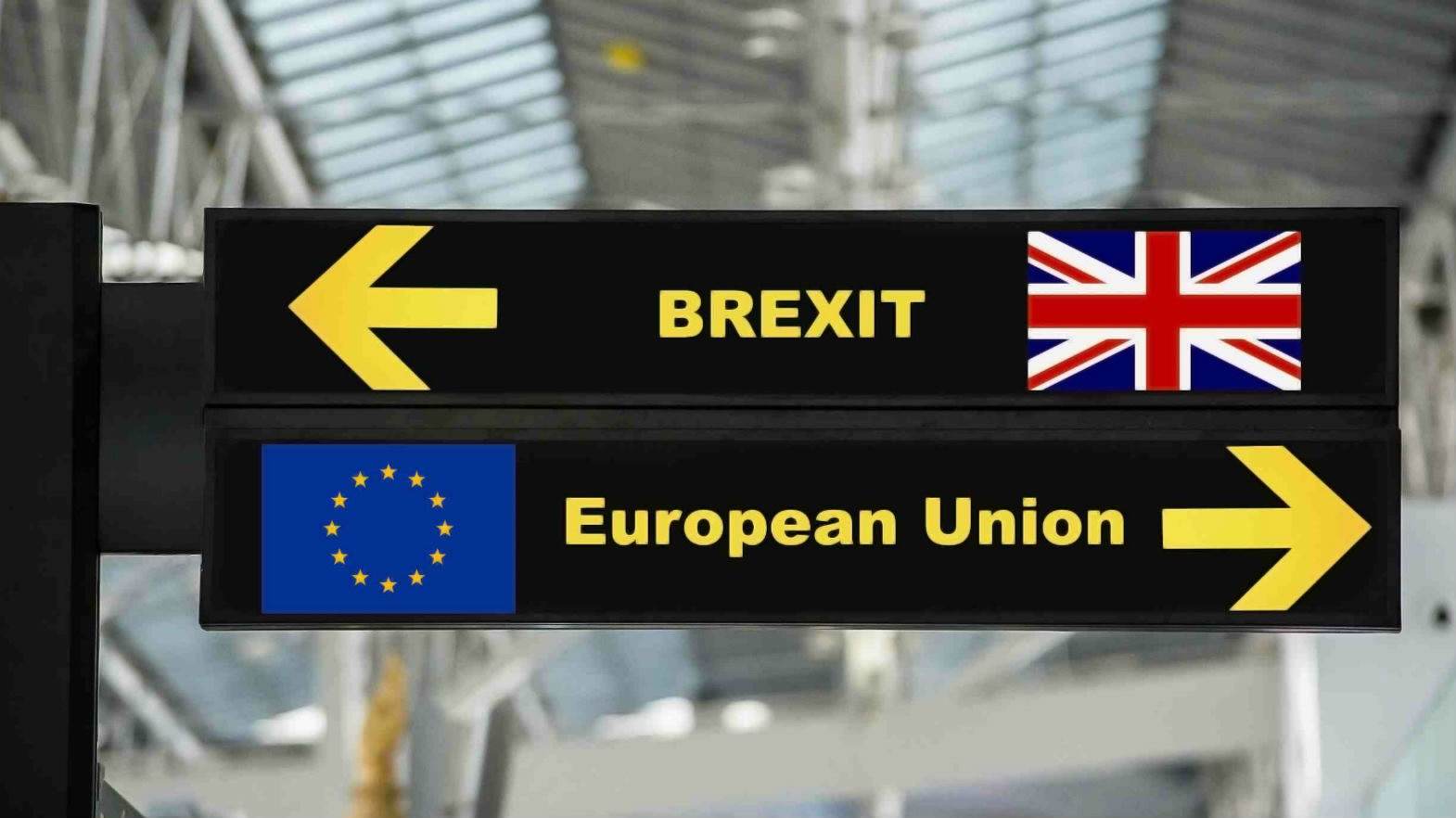
Business
22:53, 01-Jan-2018
UK ended 2017 with a first-phase deal
By Olly Barratt

2017 ended with Great Britain and the European Union having reached a preliminary deal to allow negotiations to move on to the next phase of Brexit. That came after months of discussions and a difficult domestic landscape for British Prime Minister Theresa May.
Agreements had been reached on the issues of citizens’ rights, the Irish border and the so-called "divorce bill" Britain will pay as it leaves the bloc.
British Prime Minister Theresa May said the UK is on the road to delivering a Brexit that will make Britain prosperous, strong and secure.
It had taken months of negotiations just to get to that point – reached later than UK government had initially hoped, having triggered Article 50 to start the Brexit process back in March.
And then came a snap election, which left Theresa May boxed in. She ended up losing her parliamentary majority with the fragility of the resulting government adding an unwanted complication to her Brexit strategy.

VCG Photo
VCG Photo
The next stages of talks with Brussels will see discussions moving onto future trading relationships, but first a transitional arrangement will have to be settled.
“If there is no transitional period, then we will have essentially a chaotic Brexit, we will crash out in March in 2019 with the likelihood of significant disruption to trade between the UK and the rest of Europe,” said Jonathan Portes, Economics Professor of King’s College London.
And all of this has to be navigated with a fragile government, a cabinet divided between so-called Brexiteers, and those who campaigned to stay in the EU. As well as persisting concerns about whether a final exit agreement is possible which does not require a hard border between Ireland, and Northern Ireland.

SITEMAP
Copyright © 2018 CGTN. Beijing ICP prepared NO.16065310-3
Copyright © 2018 CGTN. Beijing ICP prepared NO.16065310-3